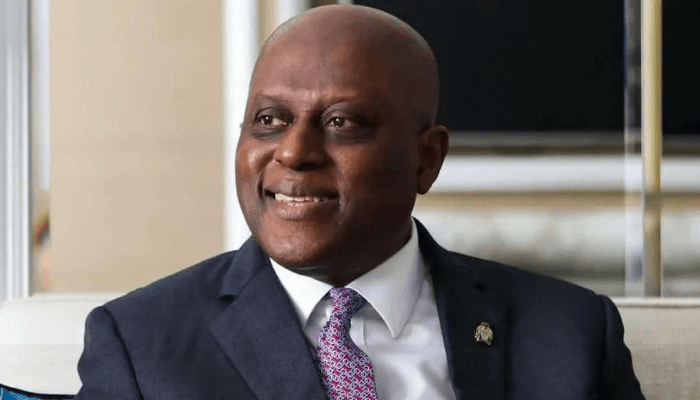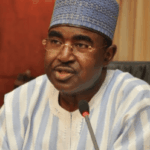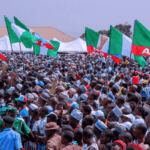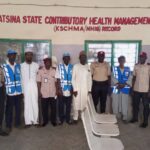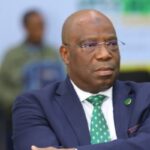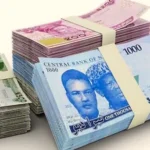Central Bank of Nigeria (CBN) Governor Olayemi Cardoso has welcomed S&P Global Ratings which has upgraded the country's outlook to “positive”, describing the move as validation for a reform agenda that has redefined policy direction and begun to restore confidence in the market.
Speaking at a strategic session in Abuja shortly after the announcement, Cardoso said the CBN's recent measures are instilling stability in the financial markets and helping to rebuild credibility after years of instability. He framed the revised outlook as evidence that investors are paying attention to the government's efforts.
Cardoso told participants that the CBN “has brought stability to the economy and has become a beacon of hope”, stressing that policy stability remains essential as global headwinds continue to challenge emerging market economies.
Also read: S&P upgrades Nigeria's outlook to 'positive' to boost investor confidence
His comments came after S&P's statement on Friday in which the ratings agency said, “The monetary, economic and fiscal reforms being implemented by the Nigerian authorities will yield positive benefits in the medium term.”
This upgrade marks the latest endorsement from major rating houses. Moody's raised Nigeria's rating by one notch to B3 from Caa1 in May, citing strong external and fiscal conditions, while Fitch maintained its B rating and stable outlook last month. Together, the confirmation underscores how investors and outside monitors are reacting to reforms introduced in 2023 under President Bola Tinubu, which ended decades-old petrol subsidies and eliminated currency controls that stifle investment.
Those decisions created short-term pain, including inflationary pressures and a weak consumer environment, but they also created a more transparent pricing regime and opened the door for foreign capital to re-enter the market.
Analysts say the momentum is encouraging, although challenges remain. Nigeria still faces a fragile revenue base, persistent inflation and heavy dependence on oil earnings in a period of geopolitical tensions and uneven global demand. Implementation risks also remain; Previous reform cycles have faltered due to increasing political pressure.
Yet the “Positive” outlook signals that S&P sees enough attractiveness in the current policy mix to justify optimism about a medium-term recovery. Analysts also say investors will keep a close eye to determine whether Nigeria can maintain reform discipline through the 2025 budget cycle and beyond.
To address the fiscal deficit, the government continues to rely on debt markets, and last week raised $2.35 billion in an oversubscribed Eurobond sale to support the 2025 budget, complementing domestic borrowing programs expanded in recent months.
The issuance shows that global appetite for Nigerian paper is gradually improving – even if high interest costs underline the urgency of further fiscal consolidation.
Cardoso stressed that authorities will remain on course, saying the latest assessment shows Nigeria is “on the right track” as reforms mature and credibility in global markets deepens.

